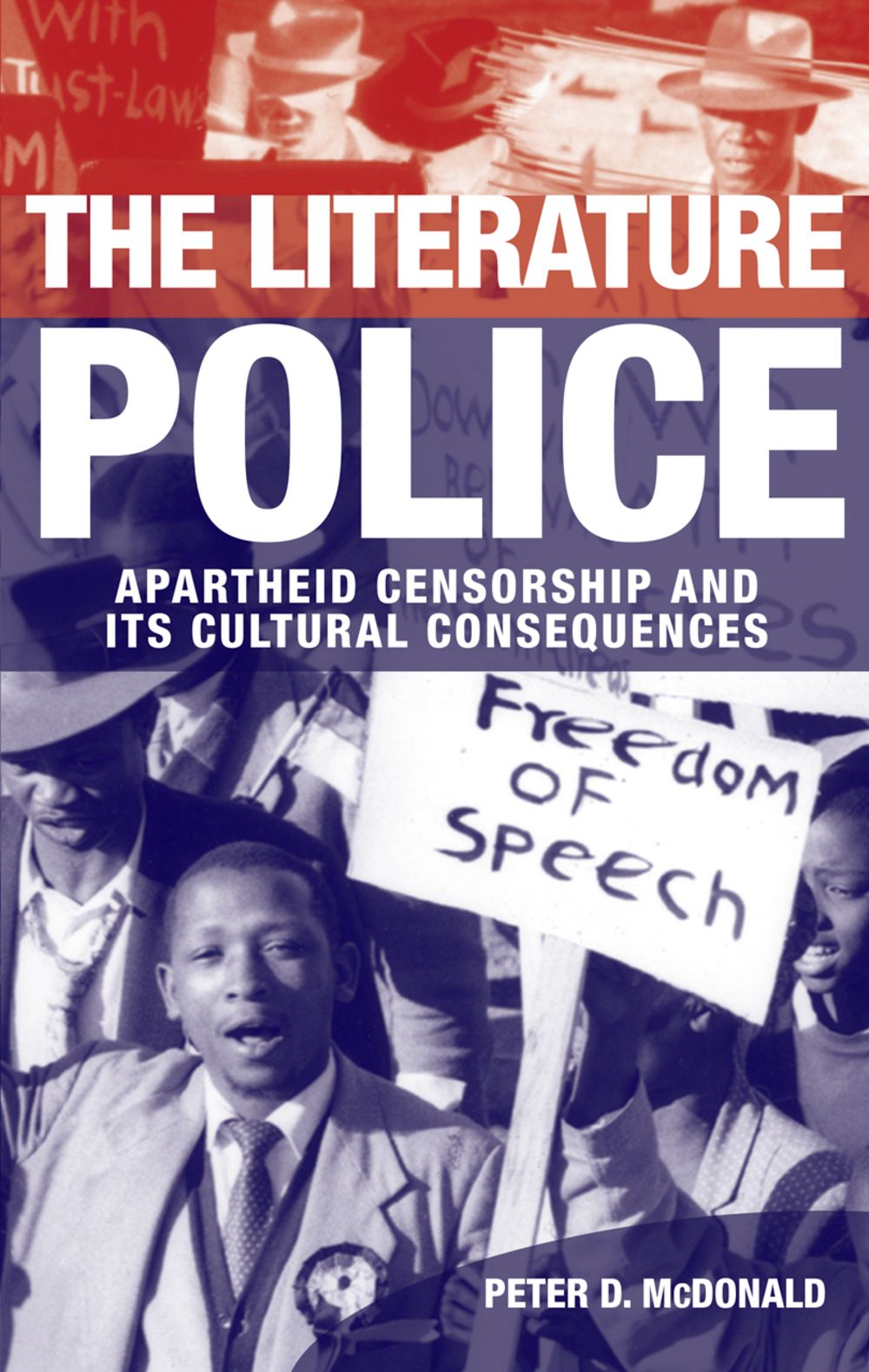Literature Police Apartheid Censorship & its Cultural Consequences
R301.95 (incl. VAT)
‘Censorship may have to do with literature’, Nadine Gordimer once said, ‘but literature has nothing whatever to do with censorship.’
As the history of many repressive regimes shows, this vital borderline has seldom been so clearly demarcated. Just how murky it can sometimes be is compellingly exemplified in the case of apartheid South Africa. For reasons that were neither obvious nor historically inevitable, the apartheid censors were not only the agents of the white minority government’s repressive anxieties about the medium of print. They were also officially-certified guardians of the literary. This book is centrally about the often unpredictable cultural consequences of this paradoxical situation.
Peter D. McDonald brings to light a wealth of new evidence – from the once secret archives of the censorship bureaucracy, from the records of resistance publishers and writers’ groups both in the country and abroad – and uses extensive oral testimony. He tells the strangely tangled stories of censorship and literature in apartheid South Africa and, in the process, uncovers an extraordinarily complex web of cultural connections linking Europe and Africa, East and West.
The Literature Police affords a unique perspective on one of the most anachronistic, exploitative, and racist modern states of the post-war era, and on some of the many forms of cultural resistance it inspired. It also raises urgent questions about how we understand the category of the literary in today’s globalized, intercultural world.
Out of stock
As the history of many repressive regimes shows, this vital borderline has seldom been so clearly demarcated. Just how murky it can sometimes be is compellingly exemplified in the case of apartheid South Africa. For reasons that were neither obvious nor historically inevitable, the apartheid censors were not only the agents of the white minority government's repressive anxieties about the medium of print. They were also officially-certified guardians of the literary. This book is centrally about the often unpredictable cultural consequences of this paradoxical situation.
Peter D. McDonald brings to light a wealth of new evidence - from the once secret archives of the censorship bureaucracy, from the records of resistance publishers and writers' groups both in the country and abroad - and uses extensive oral testimony. He tells the strangely tangled stories of censorship and literature in apartheid South Africa and, in the process, uncovers an extraordinarily complex web of cultural connections linking Europe and Africa, East and West.
The Literature Police affords a unique perspective on one of the most anachronistic, exploitative, and racist modern states of the post-war era, and on some of the many forms of cultural resistance it inspired. It also raises urgent questions about how we understand the category of the literary in today's globalized, intercultural world.
Features
- A fascinating account of the inner workings of literary censorship carried out in the name of one of the most repressive regimes of the post-war era, and of the cultural resistance it inspired
- Focuses on the work of well-known writers - including Nadine Gordimer, J. M. Coetzee, Andre Brink, Breyten Breytenbach, and Es'kia Mphahlele - as well as attending to the vast number of more obscure, but no less inventive, figures whose cultural and political impact was significant but not widely recognised
- Transforms our understanding of the literary history of apartheid South Africa - and adds a new chapter to the story of the struggle against apartheid both in South Africa and the wider world
- Draws on and presents a wealth of original and previously unknown material - state archives, the archives of publishers and writers' groups, and oral testimony by censors, writers and publishers
- Uncovers the roles of the often forgotten gatekeepers and guardians who make and unmake the space of culture - publishers, reviewers, prize judges, writers themselves, and, more perversely, censors
Additional information
| Author/s | |
|---|---|
| ISBN | 9780199591114 |
| Edition | 000000 |
| Publication Date | 14 Oct 2010 |
| Format | |
| Pages | 0 |
| Language |
